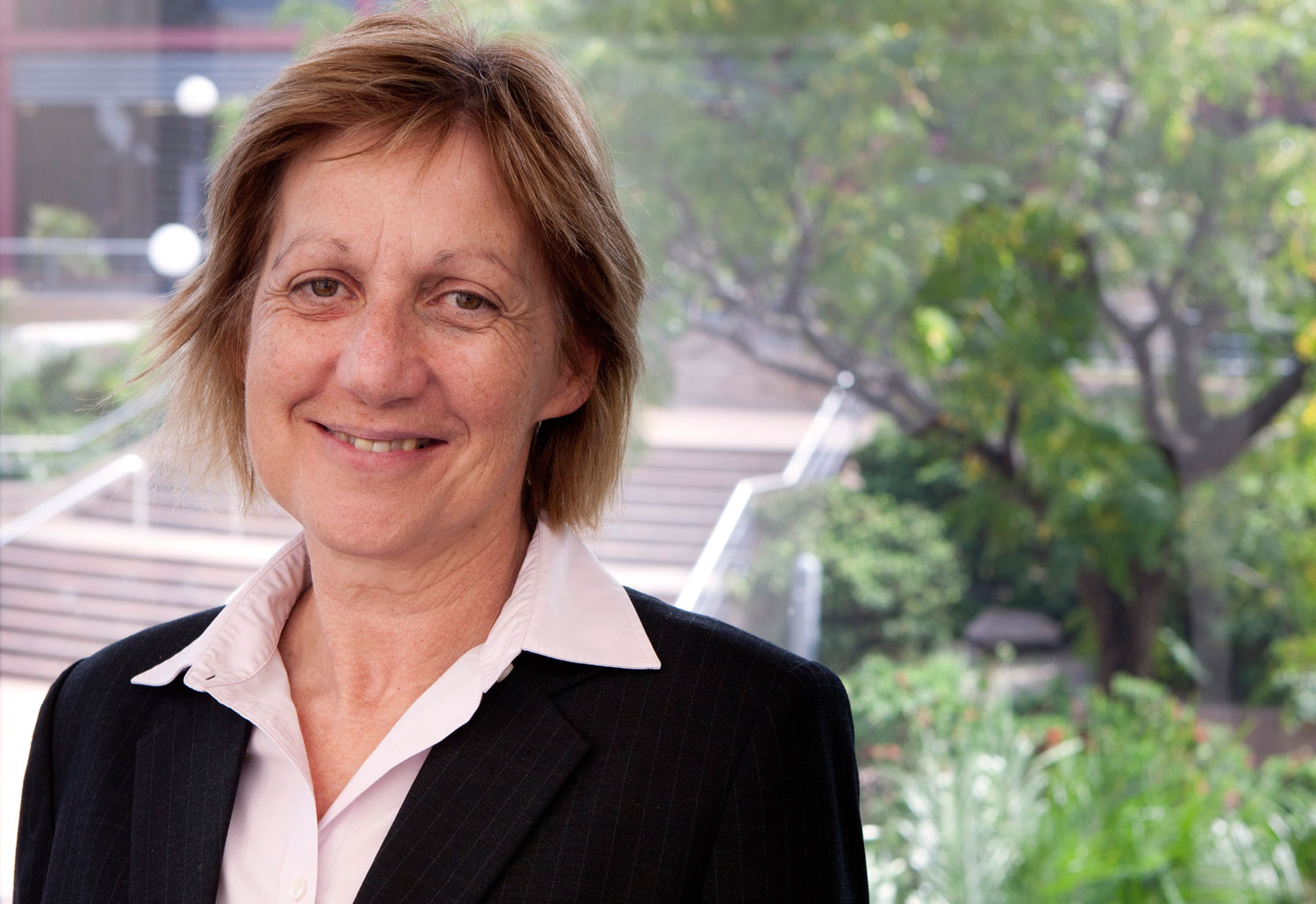It gives me great pleasure to present this volume of 40 research impacts from the University of Wollongong to coincide with the celebrations to mark our university’s 40th year as an independent institution.
Throughout the last century Wollongong was Australia’s heavy industry heartland, best known as home of Australia’s largest steel mill.
In the 21st century Wollongong has transformed into a university city increasingly focused on technology and the knowledge economy.
Over the past 40 years UOW has become a benchmark for Australia’s next generation of universities – dynamic, agile, innovative and prominent in national and international rankings for the quality of our research and training.
UOW is one of a small number of universities around the world that is specifically addressing global issues by harnessing its research strengths.
Our vision is to be a leader in ideas and solutions, a community of campuses and partners, where discovery, learning and technology connect to transform people and the world we live in.
Originally established to train engineers, metallurgists and industrial chemists for the heavy industrial plants in the region, UOW is at the forefront of cutting edge developments such as the BioPen, which is being developed to allow surgeons to directly implant biomedical material into damaged bones.
UOW materials scientists were the first in Australia – and one of only a handful in the world – to fabricate the new wonder material, silicene.
The university is now home to Australia’s first National Centre for Archaeological Science, and the nation’s most sophisticated early childhood teaching, research and community engagement initiative, Early Start.
In the past 15 years our research program has attracted almost $1 billion in competitive funding.
That’s one billion dollars making an impact on our region, our country and our world everyday – from new drugs to treat antibiotic resistance, to manufacturing improvements that allow steel to be made more cheaply, to informing debates about internet censorship for children.
My sincere thanks to the many funding agencies who have supported our research endeavours, in particular the Australian Research Council, the Australian Coal Industries Research Program and the National Health and Medical Research Council, enabling our research achievements and discoveries, as well as our business, community and government partners who have provided significant funding and in-kind support.
It is a truly remarkable result that underscores our commitment to be leaders in ideas and solutions.
Professor Judy Raper
Deputy Vice-Chancellor (Research & Innovation)
August 2015

Copyright © 2014 University of Wollongong. CRICOS Provider No: 00102E Privacy | Disclaimer & Copyright Info | Site Map

